Londoners rally to back NHS doctors ahead of planned three-day strike
Thousands of British people took to the streets in London to support healthcare workers, who are set to launch a three-day strike over pay and conditions in the state-funded National Health Service (NHS) across England.
Almost 40,000 junior doctors are due to walk out across the country for three days starting Monday, in a move that will threaten patients’ safety and exacerbate the staffing crisis in the healthcare system, the authorities say.
Britain has been facing a wave of strikes for months, as workers demand pay raises to keep pace with double-digit inflation.
As well as health care workers, teachers, train drivers, airport baggage handlers, border staff, driving examiners, bus drivers, and postal workers have all walked off their jobs to demand higher pay.
Healthcare authorities expressed concern about the upcoming strikes, saying the nation faces “an escalation of strike action next week that will take disruption to the next level.”
“We are deeply concerned too by the impact on the workforce,” said NHS Providers, the NHS Confederation, and the Shelford Group, a group of leading teaching and research hospitals.
“Protracted disputes risk long-term damage to morale, retention, and the relationship between staff and the service,” they added.
The three organizations also urged ministers and the British Medical Association (BMA) to start negotiations over the weekend to prevent the strikes from happening.
“It’s not too late for all sides to realize the harm a strike will do and redouble efforts to enter negotiations and avoid industrial action. Patients deserve nothing less,” they said.
Health Secretary Steve Barclay said he would hold talks with junior doctors’ representatives if they agreed to call off their walkout.
“Let’s have a constructive dialogue to make the NHS a better place to work and ensure we deliver the care patients need,” he said on Twitter.
However, the doctors union said there had not been “any credible negotiations” and the strike would start as planned on Monday.
Unions say wages, especially in the public sector, have fallen in real terms over the past decade, and a cost-of-living crisis fueled by sharply rising food and energy prices has left many struggling to pay their bills.
Britain’s annual inflation rate was 10.1 percent in January. The Conservative government argues that giving public sector staff pay increases of 10 percent or more would drive inflation even higher.
Press TV's news headlines
Sudan’s mining sector suffers $7 billion loss amid ongoing civil war
Ansarullah slams Israel’s massacre in east Lebanon, urges unified Arab action
Iran resolved to uphold nation’s nuclear rights via diplomacy: FM Araghchi
The erasure of Palestinian cultural legacy by British Museum
American citizens have borne the ‘lion’s share’ of Trump’s tariff costs: Economist
$50m sportwashing: After turning blind eye to genocide for two years, FIFA funds Gaza stadiums
VIDEO | Trump’s foreign, domestic policies dealt blow after Supreme Court struck down global tariffs


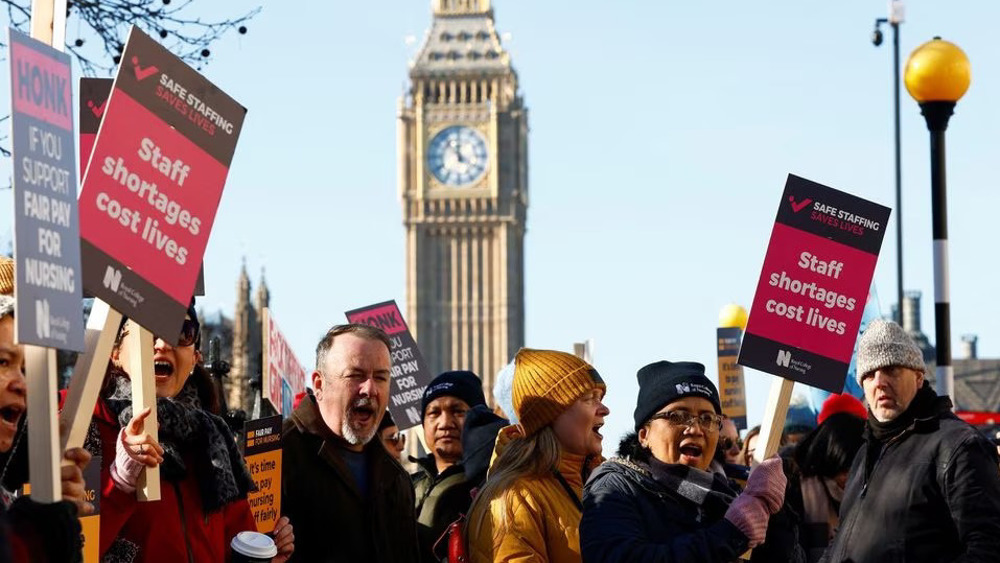
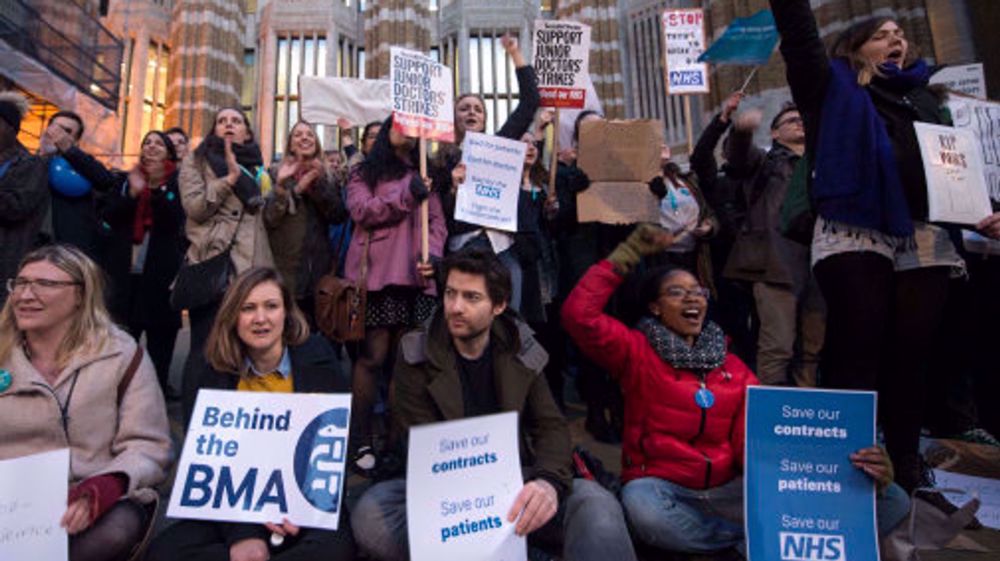






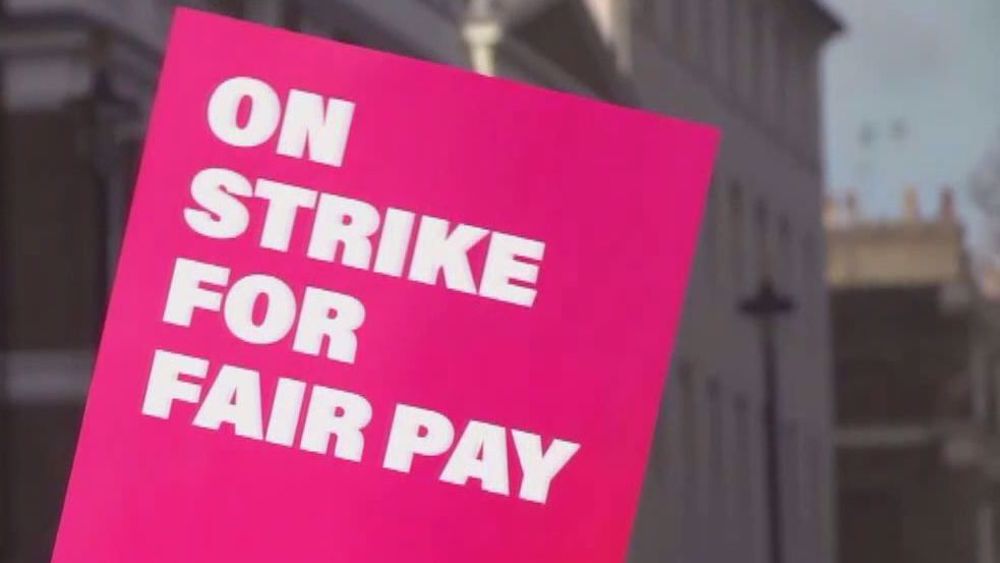
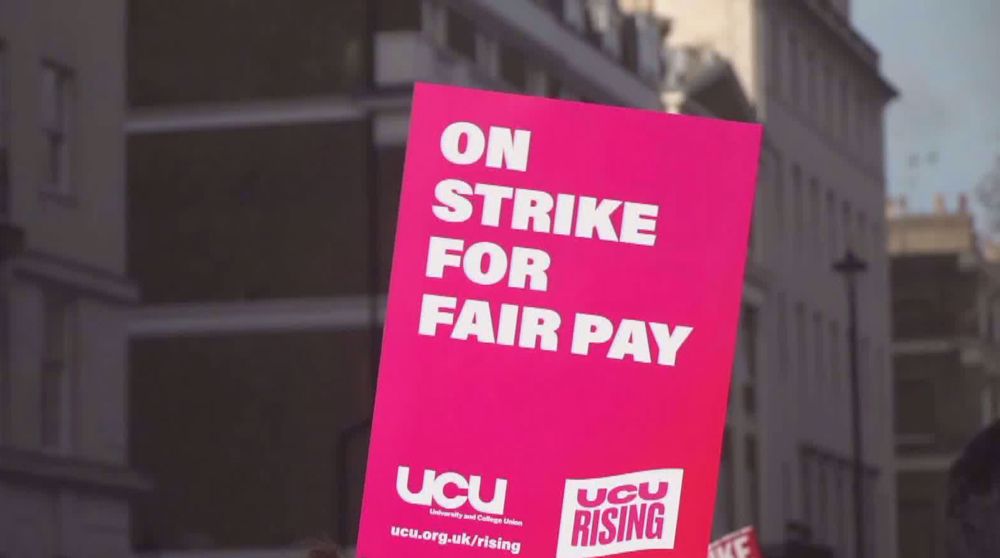
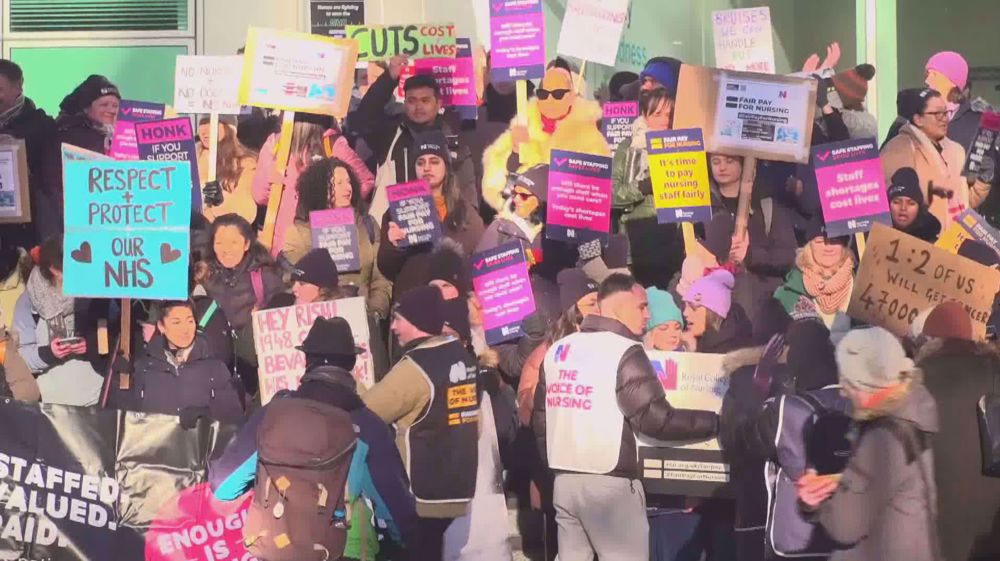

 This makes it easy to access the Press TV website
This makes it easy to access the Press TV website